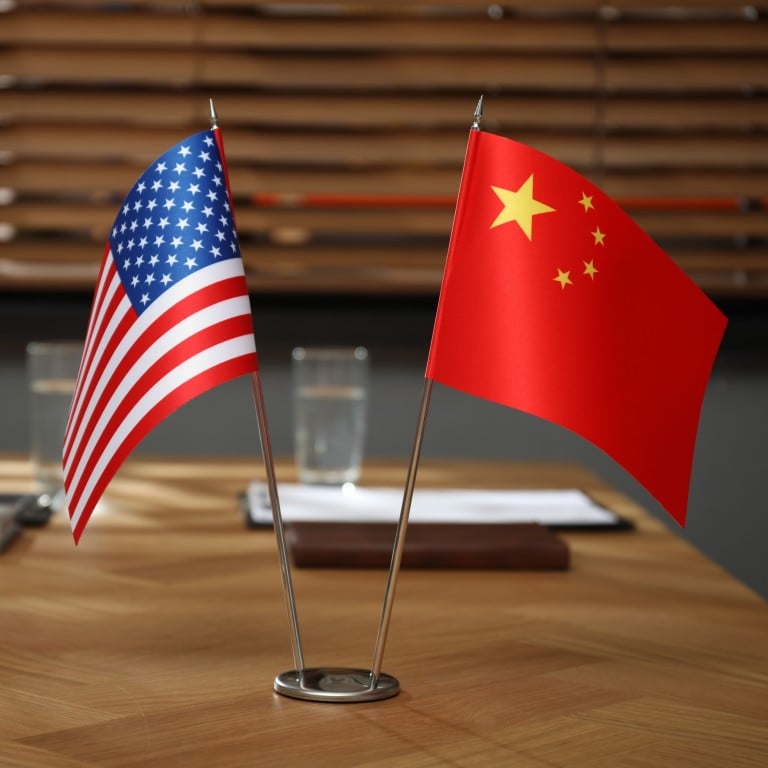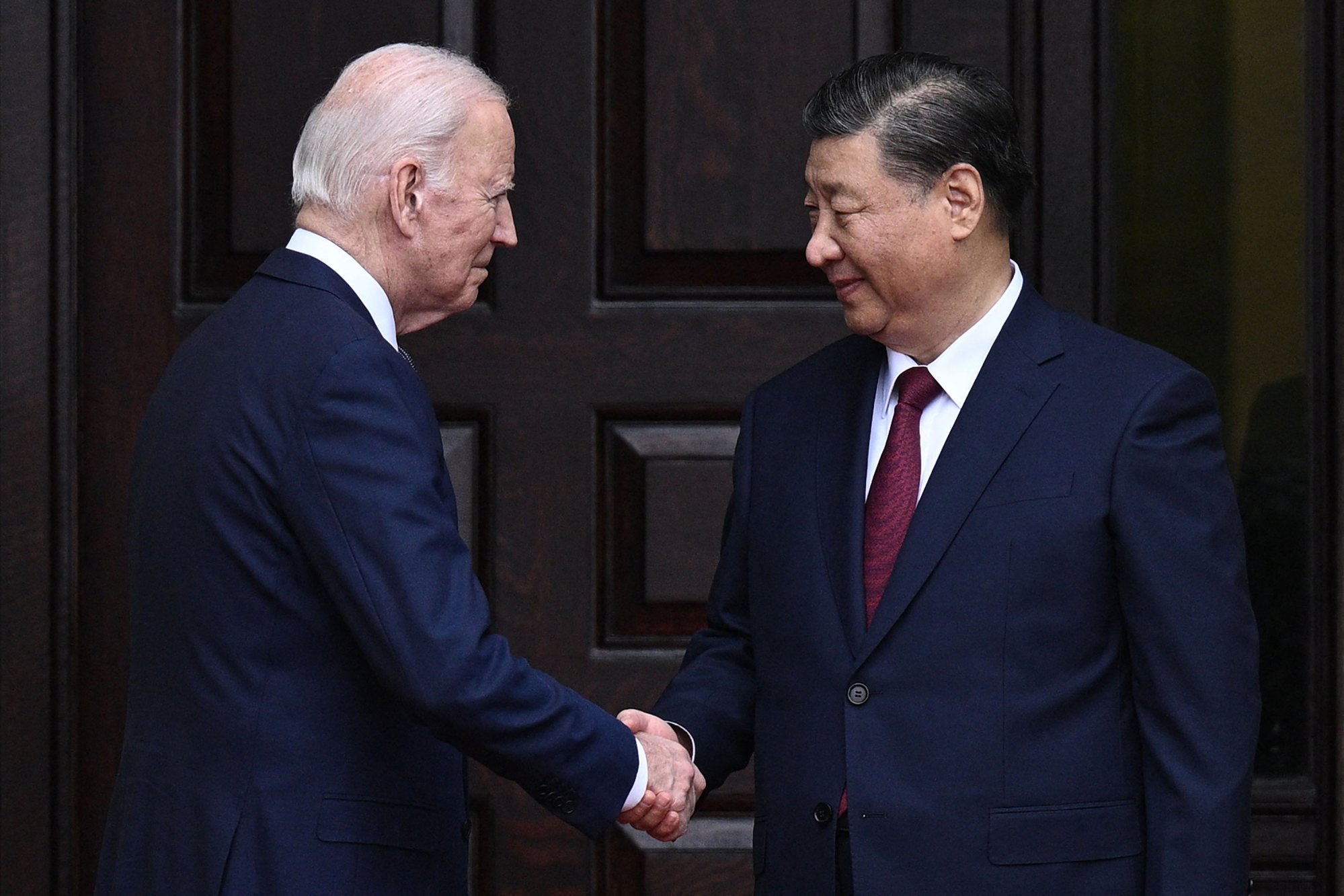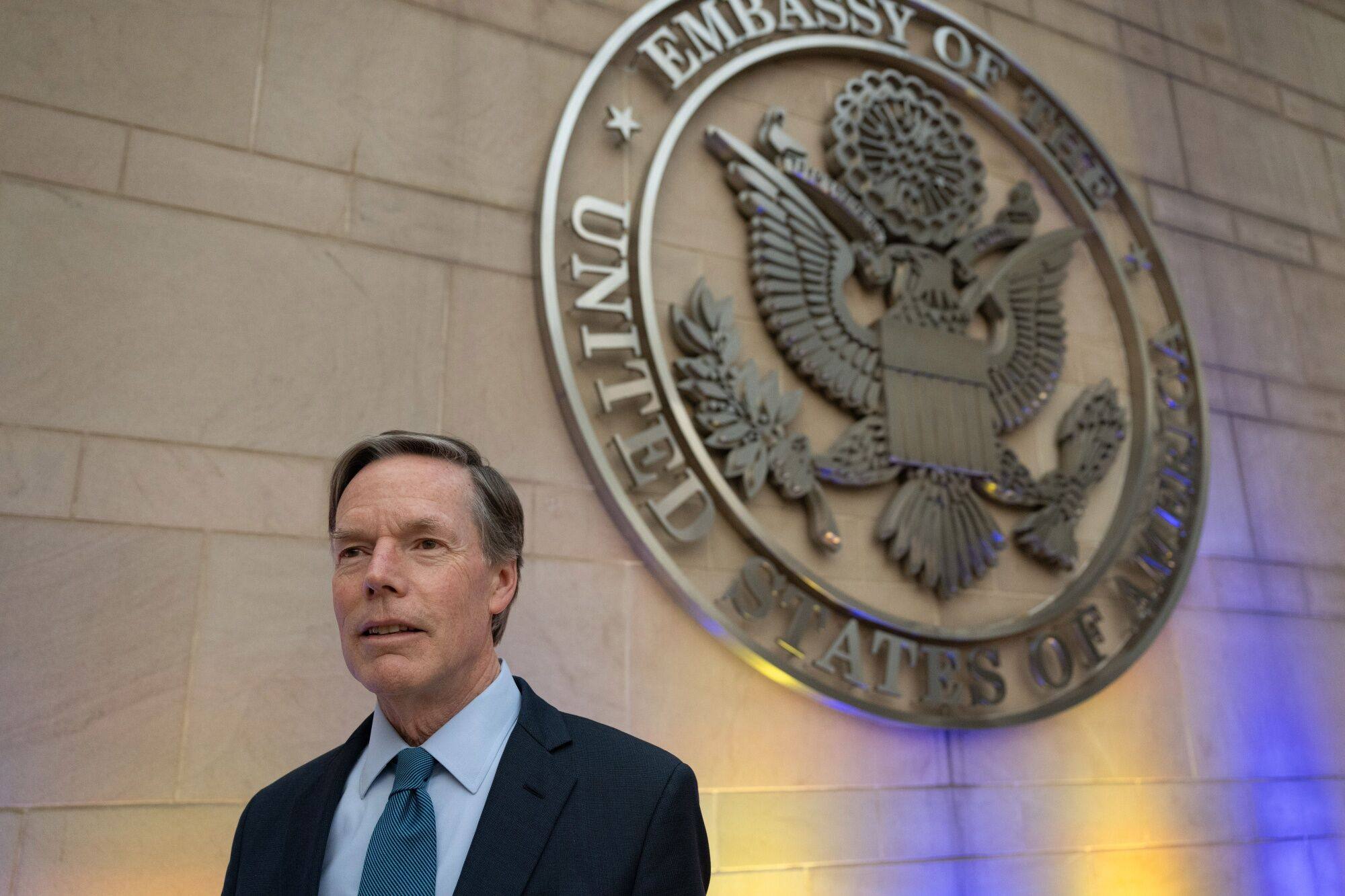
Americans studying in China are safe despite US travel advisory, scholars say
- The State Department is urged to clarify its advisory for China and explain who exactly is at risk, since ‘they don’t tend to be students or scholars’
- Calls to ease US travel warning come as both sides stress people-to-people exchanges, including Xi Jinping and Joe Biden at their meeting in November
American students in China have not experienced significant threats to their safety, and the US State Department must make its travel advisory for the country more specific, scholars said on Thursday.
“And so we need a more specific travel advisory” to clarify the high-risk groups, she continued, noting that US universities are afraid to send students to China given the current advisory for mainland China.
Set to “level three” on a four-level risk scale, the State Department designation urges visitors to “reconsider travel” and cites an arbitrary enforcement of local laws, “including in relation to exit bans, and the risk of wrongful detentions”.
US panel asks State Department to set Xinjiang travel advisory at highest level
The department has not provided public estimates of numbers of Americans experiencing exit bans or wrongful detentions, while safety concerns have plagued students, businesses and even tourists considering travels to China.
But the Chinese embassy in Washington as well as US and Chinese scholars have urged the State Department to get rid of the level-three designation.
“I have never heard of any case of an American student who had the problem entering China at the airports,” said Xie Tao, a dean and professor at Beijing Foreign Studies University – adding that he had heard the opposite for Chinese students attempting to enter the United States.
‘Stop harassing’ Chinese students at the border for no reason, China tells US
“This fear and the worry about travelling to China is completely overblown,” he said.
Seligsohn said that the detention cases she knew of involving US citizens appear to only involve businesspeople.
“If there are non-businesspeople who have been detained, [State Department officials] should say so,” she said.
Calls to ease the US travel warning for mainland China come as both sides stress the importance of people-to-people exchanges – something that Chinese President Xi Jinping and US President Joe Biden both acknowledged at their in-person meeting in November.

Scholars speaking at Thursday’s event noted the immense benefits of academic exchange and the loss that would come with what they called the “over-securitisation” of the bilateral academic relationship.
“China has been the most important collaborator of US scientists in life sciences to 2013. And it’s increased not only publications, but citations,” said Scott Rozelle of Stanford University, referring to research from the University of San Diego.
The 120-page report released on Thursday includes essays from 26 scholars and experts from domains ranging from artificial intelligence to environmental science, and is an attempt to offer solutions that strike a balance between national security concerns and advancing scholarly exchange.

Speaking virtually on Sunday at a conference jointly held by Duke University and the University of North Carolina at Chapel Hill, Ambassador Burns similarly de-emphasised the travel risk for American students headed to China. He acknowledged, though, that the State Department advisory reflected real concerns.
“We have not seen students have problems,” he said, while highlighting Chinese government raids on American firms and the wrongful imprisonment of some Americans.
“We are encouraging American students to come to China, and we’re working institution by institution” to make that happen, he added.

